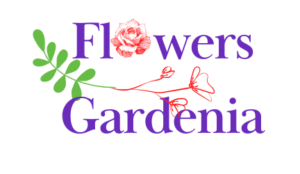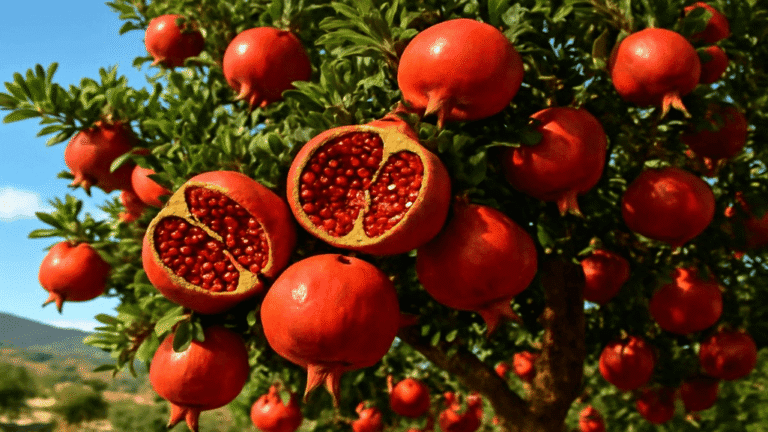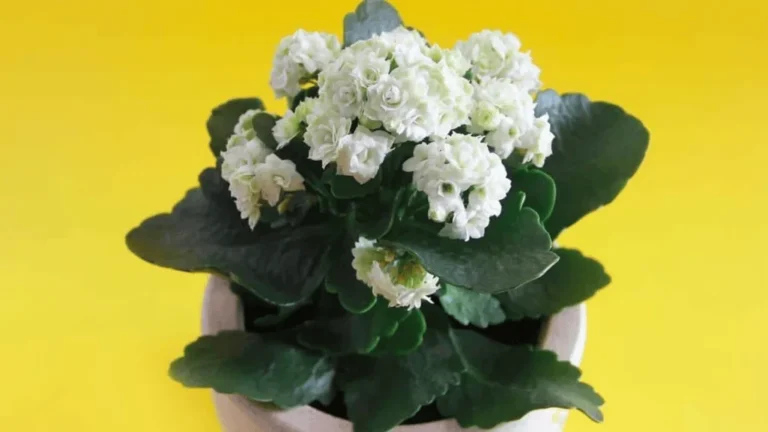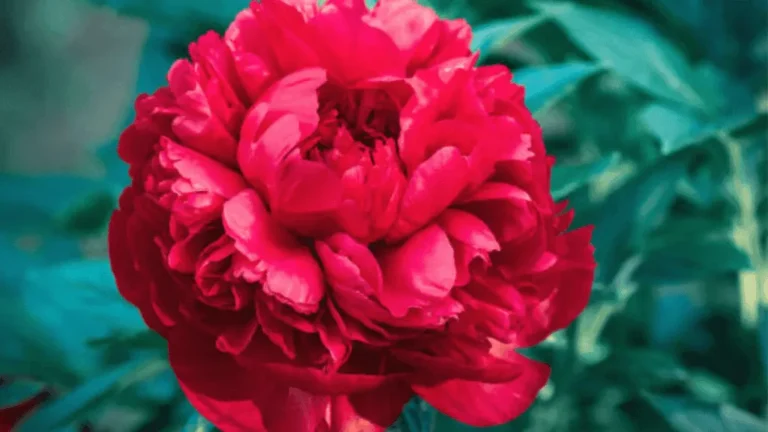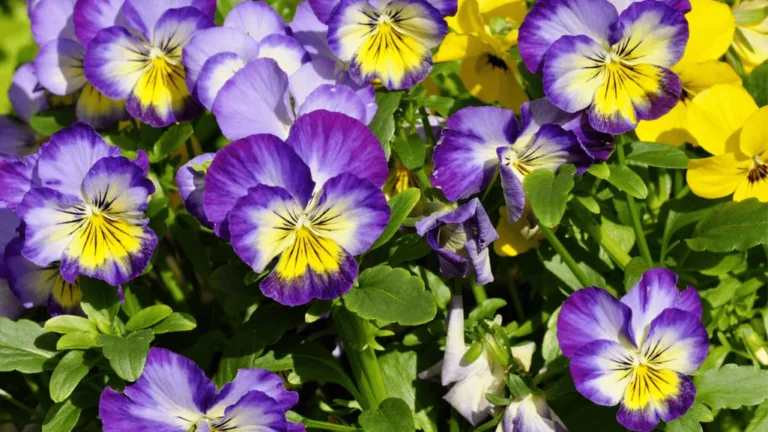Beautiful flowers gardenia Plants For Your homes

Are you searching for the best organic fertilizer for your garden? Organic fertilizers are essential for healthy plant growth without synthetic chemicals. They provide vital nutrients and support your garden’s ecosystem health.
Organic fertilizers have different benefits. Compost, for instance, is packed with natural nutrients that boost soil health. Manure, a long-time favorite, is rich in nutrients.
Bone meal and blood meal offer specific nutrients like phosphorus and nitrogen. Worm castings, known as “black gold,” improve soil structure and root growth. Exotic options like guano and seaweed enhance plant vigor and pest resistance.
Choosing the right organic fertilizer makes your garden thrive. It supports the benefits of growing your own food. Your plants will grow well, and your soil and environment will benefit too.
Key Takeaways
- Organic fertilizers promote healthy plant growth without synthetic chemicals.
- Compost and manure are excellent sources of natural plant nutrients.
- Bone meal and blood meal provide targeted nutrient delivery.
- Worm castings are the ultimate soil conditioner for healthy root growth.
- Choosing the best organic fertilizer supports sustainable gardening practices.
Understanding Organic Fertilizers
If you care about the environment, you might be looking into organic fertilizers. These are made from plants and help your soil and plants grow. They give nutrients that go beyond what synthetic fertilizers offer. Choosing organic fertilizers helps your garden stay healthy for a long time.
What Makes a Fertilizer Organic?
Organic fertilizers come from natural sources like minerals and composted manure. They work well with nature and help soil health. Unlike synthetic fertilizers, they don’t harm plants if used too much. They give nutrients slowly, helping plants grow steadily.
Benefits of Using Organic Fertilizers
Using organic fertilizers has many benefits:
- They make soil better by improving its texture and helping it hold water. They also support good microbes in the soil.
- They release nutrients slowly, which is good for plants. This helps them grow steadily without getting hurt.
- They are better for the environment. Using them means you’re taking care of your garden and the planet.
Organic vs. Synthetic Fertilizers: Which is Better?
Synthetic fertilizers give plants a quick boost but don’t help soil much. Organic fertilizers, on the other hand, make soil better and help plants grow strong. Choosing organic fertilizers means your garden will be healthy for a long time.
For the long-term health of your garden and the environment, an organic fertilizer is the best choice.
Try organic fertilizers and watch your garden grow strong and healthy. It will be good for your plants and the earth.
Essential Nutrients for Plant Growth
To have a garden full of healthy plants, knowing the key nutrients is key. Plants, like us, need a balanced diet to grow well. Organic fertilizers are vital for this. By using eco-friendly gardening and organic soil, you help your plants and the environment.
Macronutrients: Nitrogen, Phosphorus, and Potassium
Plants need nitrogen (N), phosphorus (P), and potassium (K) to grow strong. Nitrogen helps plants grow leaves and stems. Phosphorus helps with flowers and roots. Potassium keeps plants healthy and improves fruit quality. Choose an organic fertilizer with a balanced N-P-K ratio, like 5-4-6 or 8-6-7.
A healthy plant is a reflection of the soil it grows in. By nourishing the soil with essential nutrients, we create the foundation for a thriving garden.
Secondary Macronutrients: Calcium, Magnesium, and Sulfur
Plants also need calcium, magnesium, and sulfur in smaller amounts. Calcium helps with cell walls and roots. Magnesium is key for chlorophyll and photosynthesis. Sulfur is important for amino acids and enzymes. Compost, bone meal, and kelp meal are great sources of these nutrients.
Micronutrients: The Unsung Heroes of Plant Nutrition
Micronutrients, though needed less, are crucial for plant health. They include iron, manganese, zinc, copper, boron, molybdenum, and chloride. Each micronutrient has a specific role in plant growth.
- Iron is essential for chlorophyll formation and photosynthesis.
- Manganese aids in enzyme activation and nitrogen metabolism.
- Zinc is crucial for enzyme production and root development.
- Copper is involved in photosynthesis and lignin formation.
- Boron is necessary for cell wall formation and flower development.
- Molybdenum is required for nitrogen fixation in legumes.
- Chloride is involved in photosynthesis and root growth.
Using compost, worm castings, and seaweed extracts in your garden ensures your plants get all the micronutrients they need. This approach not only helps plants grow but also supports a healthy garden ecosystem. It promotes sustainable agriculture that benefits both your plants and the environment.
Top Organic Fertilizer Options
There are many natural fertilizers for your garden. About 55% of gardeners choose organic over synthetic. Let’s look at some top picks for organic gardeners.
Compost: The Foundation of Organic Gardening
Compost is key in organic gardening. It’s made from decomposed leaves and vegetable scraps. Adding compost improves soil structure and water retention, and slowly releases nutrients.
Oakdell Organic Compost is OMRI-listed and approved by the Washington State Department of Agriculture. It’s a trusted choice for many gardeners.
Manure: Nature’s Nutrient-Rich Powerhouse
Manure from animals like chickens and cows is rich in nutrients. It should be composted or aged before use. This fertilizer promotes healthy plant growth.
Make sure to get manure from organic farms. This avoids contamination from antibiotics or hormones.
Bone Meal and Blood Meal: Boosting Phosphorus and Nitrogen
About 60% of gardeners use bonemeal, bloodmeal, and other fertilizers. Bone meal boosts root development and flower production. True Organic Bone Meal has an NPK of 7-7-0, great for vegetables.
Blood meal is high in nitrogen, good for leafy greens. True Organic Blood Meal has an NPK of 12-0-0, providing a strong nitrogen boost.
Worm Castings: The Ultimate Soil Conditioner
Worm castings, or vermicompost, are made by earthworms. They improve soil structure and microbial activity. Worm castings are safe for plants and can be made at home.
You can create your own vermicompost at home using kitchen scraps and a worm bin.
Guano and Seaweed: Exotic Yet Effective Fertilizers
Guano and seaweed are effective fertilizers. Guano is rich in nitrogen and phosphorus, good for fruiting plants. Seaweed has micronutrients and growth hormones for healthy plant development.
Liquid seaweed concentrate is chosen by about 35% of gardeners. It provides fast-acting nourishment and trace minerals for crops like tomatoes.
When picking an organic fertilizer, think about your plants’ needs and soil type. Using these top options will help you grow a thriving, eco-friendly garden.
Choosing the Best Organic Fertilizer for Your Garden
When picking an organic fertilizer, look for products with the “OMRI Listed” label. This label means the fertilizer is organic and free from synthetic chemicals. Choose a fertilizer with balanced N-P-K numbers, like 5-4-6 or 8-6-7. It should also have secondary and micronutrients.
Think about your garden’s needs based on soil tests. Soil tests cost between $10.00 to $40.00 and are needed every two to three years. They show nutrient deficiencies, helping you pick the right fertilizer. For example, bone meal is great for root crops and alliums if your soil lacks phosphorus.
Buying organic fertilizers from local garden centers is wise. Organic fertilizers are heavy and shipping can be expensive. Buying in bulk is cheaper and works well for large gardens.
“Choosing the right organic fertilizer is like giving your plants a nutrient-rich feast. It’s not just about feeding them; it’s about nourishing the soil and creating a thriving ecosystem in your garden.”
Remember, different plants need different nutrients. Leafy greens need lots of nitrogen, while fruiting crops need phosphorus and potassium. Use fertilizers like seaweed or comfrey feed accordingly.
By picking the right organic fertilizer, you’ll get a great harvest and a healthy garden. Whether it’s compost, manure, bone meal, seaweed, rock phosphate, or greensand, your plants will grow well.
Applying Organic Fertilizers Effectively
Organic fertilizers are gaining popularity in gardening, with sales rising over the last five years. To get the most out of these eco-friendly options, knowing when and how to use them is key. By following some simple steps, you can help your plants thrive while gardening sustainably.
When to Fertilize Your Garden
The right time to fertilize can make a big difference. Most gardeners apply organic fertilizers in spring and fall, with spring being the most popular. When planting new seedlings or starting garden beds, add a small amount of compost fertilizers to the soil. During the growing season, keep fertilizing if your plants look undernourished.
Soil Testing: The Key to Targeted Fertilization
Before using any fertilizer, know what your soil needs. Testing your soil every two years helps pinpoint nutrient gaps. This approach saves money and prevents over-fertilizing, which can harm plants and the environment. Tailoring your fertilizer to your soil’s needs fosters a healthy garden ecosystem.
Proper Application Techniques for Optimal Results
Applying organic fertilizers correctly is important. Spread the fertilizer evenly around plants, avoiding stems and leaves. Water well afterward to help nutrients reach the roots. This method prevents fertilizer burn and boosts soil health.
A survey of lawn care professionals revealed that proper application of organic fertilizers can lead to a 25% increase in turfgrass health compared to synthetic options.
Learning how to apply organic fertilizers well can greatly benefit your garden. Your plants will get the nutrients they need, and your soil will stay healthy for years.
Maintaining Soil Health with Organic Practices
Caring for your garden’s soil is key to growing healthy plants. Using organic fertilizers and non-synthetic plant food helps create a thriving garden. These practices support your garden’s health and the environment.
Crop Rotation: Preventing Nutrient Depletion
Crop rotation is a great way to keep your soil healthy. By changing what you plant each year, you avoid nutrient loss and pests. Organic soils have more organic matter, which improves their structure and nutrient levels.
Cover Crops: Nature’s Way of Replenishing Soil Nutrients
Planting cover crops like clover or rye is another smart move. They add organic matter, fix nitrogen, and prevent erosion. Cover crops can even provide enough nitrogen for crops like corn.
Cover crops enhance soil health, provide protection from soil erosion, and prevent nutrient losses.
Mulching: Conserving Moisture and Suppressing Weeds
Mulching is simple but very effective. Organic mulches like straw or leaves keep moisture in and weeds out. They also add organic matter as they break down.
Mulches help control soil temperature and feed beneficial organisms. This improves your garden’s ecosystem.
Encouraging earthworms in your garden also boosts soil health. Earthworm castings, or vermicompost, are rich in nutrients. Healthy soil supports these beneficial creatures.
Organic practices like crop rotation, cover cropping, and mulching make for a sustainable garden. These methods use natural fertilizers and support plant health. They also help the soil and the planet.
Conclusion
Organic fertilizers are key for keeping gardens healthy and productive. They also help the soil and environment in the long run. By knowing what plants need and the different organic fertilizers out there, gardeners can choose the right chemical-free plant food.
Testing the soil regularly and using the right fertilizers are important. Practices like crop rotation and mulching also help. These methods keep the soil healthy and support beneficial microorganisms.
Choosing the right organic fertilizers and using them well can make gardens flourish. This approach not only helps plants but also supports a greener future. Organic gardening leads to healthier plants and soil, reduces pollution, and saves resources.
